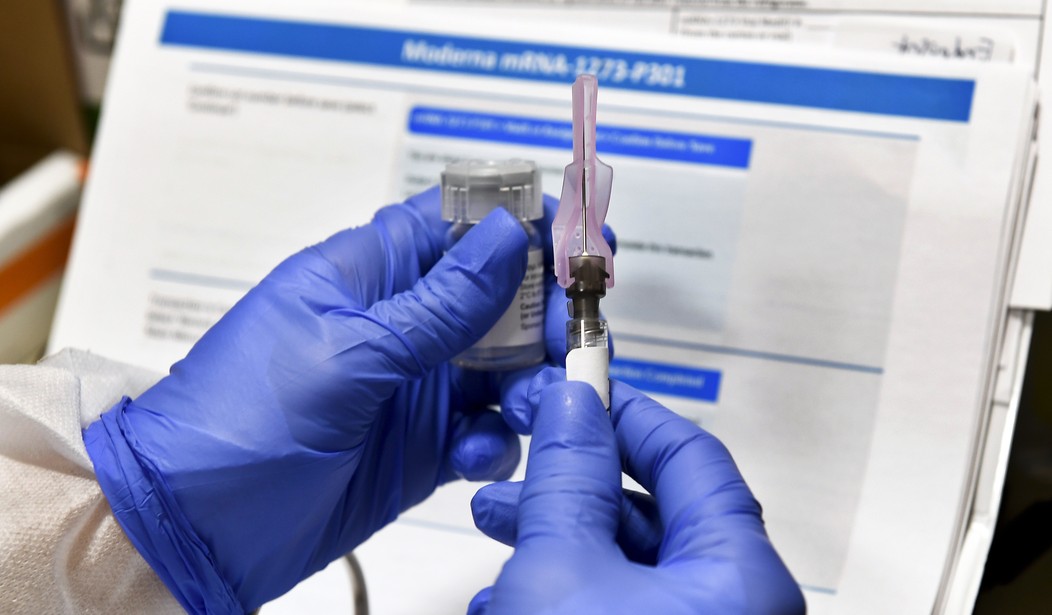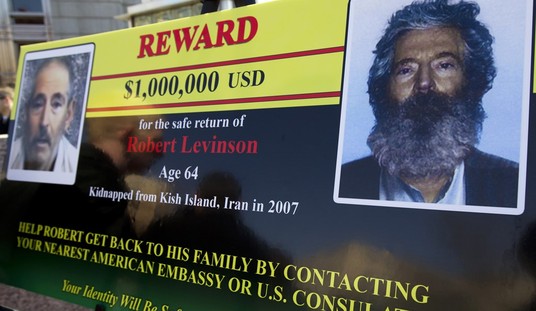Yesterday, America’s healthcare workers on the frontlines fighting the Coronavirus pandemic received their first doses of the Pfizer/BioNTech historic vaccine.
It’s historic for two reasons. One, a vaccine has never been developed this quickly. Prior to this breakthrough, the fastest developed vaccine was the Mumps vaccine which took four years to become commercially available. Second, the groundbreaking technology used to develop this vaccine has never been used before.
mRNA vaccines are a new type of vaccine to protect against infectious diseases. To trigger an immune response, many vaccines put a weakened or inactivated germ into our bodies. Not mRNA vaccines. Instead, they teach our cells how to make a protein—or even just a piece of a protein—that triggers an immune response inside our bodies. That immune response, which produces antibodies, is what protects us from getting infected if the real virus enters our bodies.
President Trump deserves a great deal of credit for spearheading “Operation Warp Speed,” the public-private partnership that cut through the usual red tape and onerous regulations usually associated with this kind of massive endeavor.
While scientists and the media were telling us a Coronavirus vaccine may not be possible and we may have to live with the virus, I believed President Trump could produce a safe vaccine in record time.
The UK’s Chief Medical Officer, Christopher Whitty, told a Parliamentary committee on Friday that there was “concerning” evidence suggesting that it may not be possible to stimulate immunity to the virus. “The first question we do not know is ‘do you get natural immunity to this disease if you have had it, for a prolonged period of time?'” Whitty said. “Now if we don’t then it doesn’t make a vaccine impossible but it makes it much less likely and we simply don’t know yet.
I’ve told this story before, but after Donald Trump was elected president, I asked my wife to order me a copy of the president-elect’s best selling book, “Trump, The Art of the Deal.”
During a battle scene in the Academy award winning movie “Patton” – starring the late great actor George C. Scott – General Patton divulged his secret on how he was able to defeat Hitler’s tank warfare genius Erwin Von Rommel: “Rommel, you magnificent bastard. I read your book!”
I took the same approach with Donald J. Trump. I wanted to know how this eccentric, thrice married, real estate developer and reality TV star really thought. Like General Patton, I concluded the best way to get to know someone is to read a book they have written, or in Trump’s case, co-written.
To many outside observers and critics, the Trump White House was an abject lesson in chaos and disorganization due to the unusually high turnover of cabinet officials and top aides. After reading Trump’s book, I learned he thrives and relishes this type of work environment:
“Most people are surprised by the way I work. I play it very loose. I don’t carry a briefcase. I try not to schedule too many meetings. I leave my door open. You can’t be imaginative or entrepreneurial if you’ve got too much structure. I prefer to come to work each day and just see what happens.”
Being imaginative, entrepreneurial and not having a lot of structure is the formula President Trumped used to rebuild the Wollman Ice Skating Rink in New York’s Central Park in the early 80’s. Trump recounts how he single handedly took over a project that was over budget and thirteen years past completion to a successful project that actually made money for New York City:
Nor did the story of the rink generate just local headlines. Dozens of newspapers as far away as Miami and Los Angeles ran long pieces about the Wollman Rink saga. Time Magazine devoted a full page in its “Nation” section to the story. It was a simple, accessible drama about the contrast between governmental incompetence and the power of effective enterprise.
This anecdote reminded me that – only a president who is not a Washington animal and that abhors structure could have streamlined the FDA regulatory process in order to bring us these vaccines.
After reading “The Art of the Deal,” I had a much better understanding of the man. Yes, he still made me want to pull my hair out (and I don’t even have any hair!) after one of his all advised tweets. And yes, I still believe he gets easily distracted when he should be focused on more important matters, but reading his book gave me a better understanding of his personality and how he operates.
It will take many years, probably after we’re all dead and buried, but I believe historians will recount that this unorthodox presidency actually did a lot of good for the country.














Join the conversation as a VIP Member